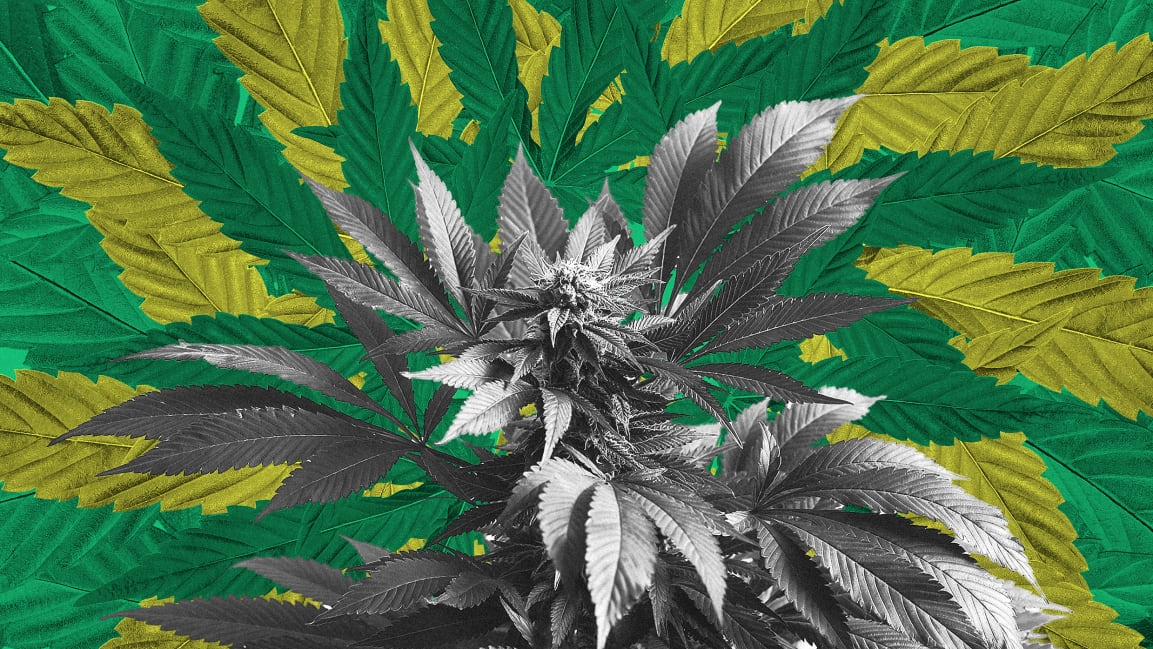Pennsylvania’s governor wants to legalize weed to help small businesses recover from COVID-19
Pennsylvania may be the first state in the union to legalize recreational marijuana for the specific reason of helping small businesses recover from the pandemic-caused recession.
Governor Tom Wolf announced the plan as part of his fall agenda, released Tuesday, which concentrates on financing programs for the state to recover from the biggest economic downturn since the Great Depression.
The idea is that the tax revenue from marijuana sales would go directly into grants for small businesses adversely affected by the COVID-19 pandemic. Half of the proceeds would be earmarked for “historically disadvantaged businesses,” companies that are majority-owned and controlled by minority groups such as Black and Native Americans, who have been “subjected to racial or ethnic prejudice or cultural bias within American society because of their identities,” in the wording of the Code of Federal Regulations.
In addition, some of the revenue would be funneled into restorative justice programs that focus on “repairing the harm done to crime victims and communities as a result of marijuana criminalization.”
In a press conference following the agenda’s release, the Democratic governor suggested using a “state-store system” for marijuana purchases, similar to how medical marijuana sales function already in Pennsylvania, where liquor stores are also state-owned. This model would be different from the private dispensary model common in Colorado and other states. Wolf suggests it’s the best way to distribute cannabis and to efficiently collect the tax revenues.
Still, it would be a long while before the state could gather those revenues, and Wolf emphasized that this income would merely be for supplemental grants for suffering businesses. The majority would come from CARES Act funding totaling $1 billion, which would address the immediacy of the crisis. Marijuana sales would be part of the additional $90 million he plans to raise from other funding sources, further down the line.
The governor’s plan also allocates $225 million in forgivable loans and grants to small businesses and $100 million to service industries. He’s earmarked money for PPE and hazard pay for frontline workers, childcare and paid parental leave, and help for residents struggling to pay rent and utilities. He also proposes canceling or reducing alcohol tax for in-need bars and restaurants, so they can purchase alcohol at cost for six months.
Recreational marijuana is now legal in 11 states and is likely to be on the ballot in others this November. Other governors have informally endorsed similar marijuana plans to Wolf’s in recent months, including New Mexico’s Michelle Lujan Grisham and New Jersey’s Phil Murphy, who said that legalization would be “an incredibly smart thing to do,” given the slow receipt of federal cash assistance and the need to raise funds on a state level.
Cannabis sales have spiked nationwide during quarantine, illustrating the potential income boost. According to the Pennsylvania State Health Department, sales of medical marijuana, which is already legal, doubled to $789 million in the six months since February, compared with the two and a half years prior. Some 100,000 new patients have signed up during that time. In Illinois, where recreational marijuana became legal in January, sales skyrocketed to a record month of $61 million in July. But critics say that the revenue created by marijuana sales in other states is nowhere near enough to reach the level Pennsylvania is hoping for.
Still, political opponents didn’t offer high praise. The Republican-controlled General Assembly, Pennsylvania’s legislative body, would have to pass the law, and as soon as Wolf put out the plan, House Majority Leader Kerry Benninghoff responded critically. “It is disingenuous for this governor to put forward an unaffordable legislative agenda,” he said in a statement, “and require taxpayers to bail him out of his unilateral mandates that have devastated their lives and livelihoods.”
(11)



